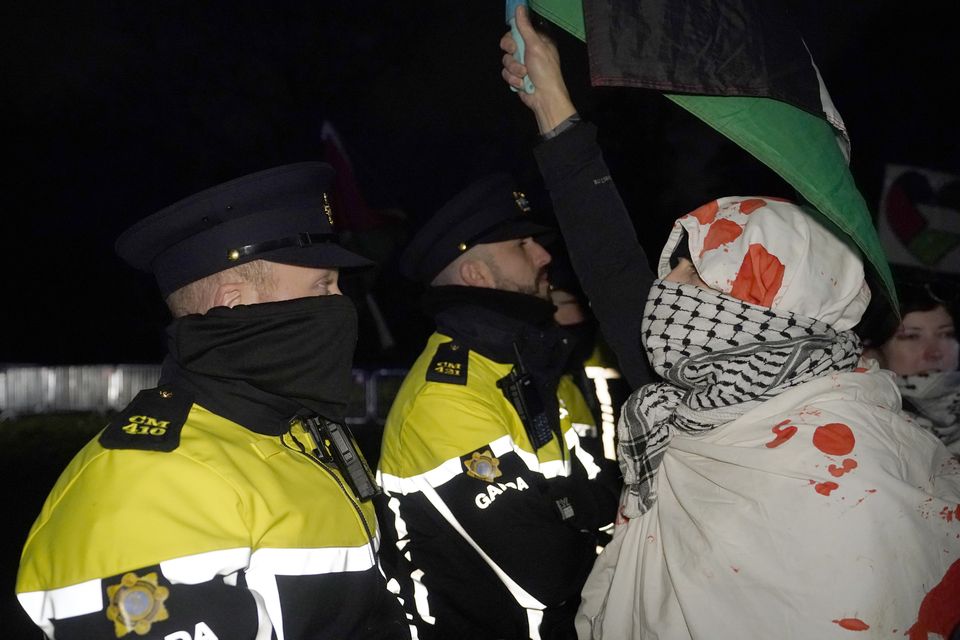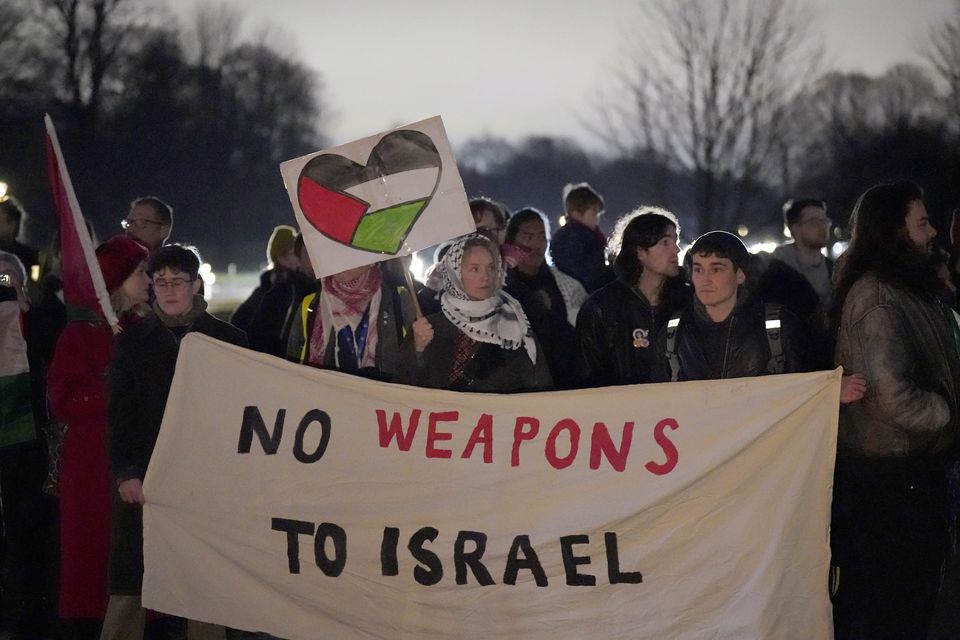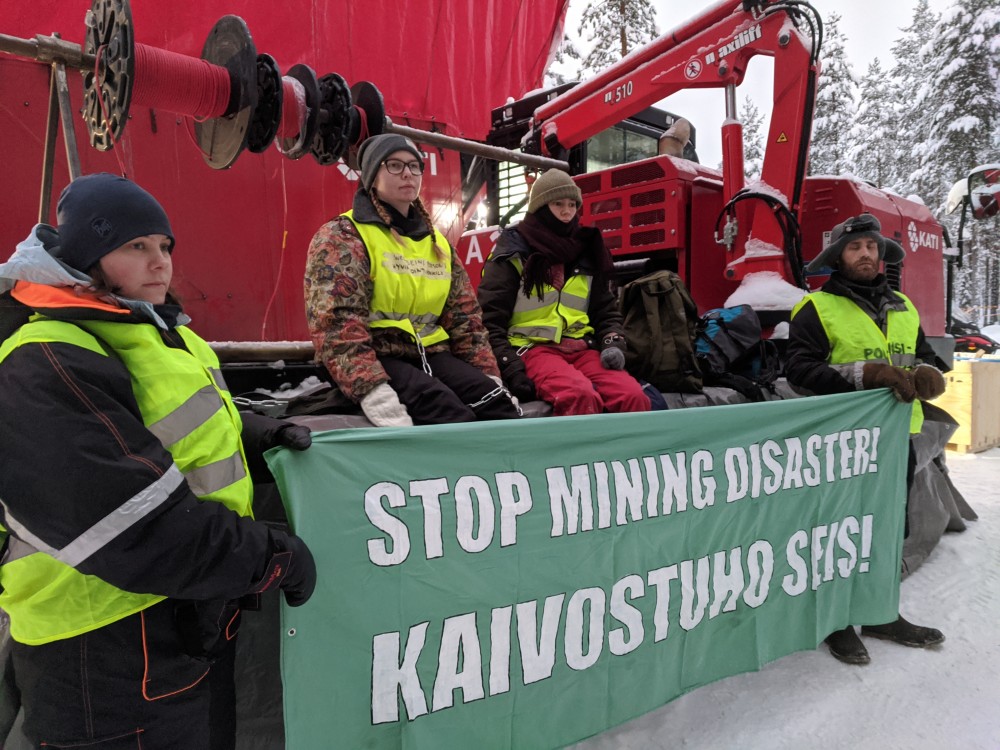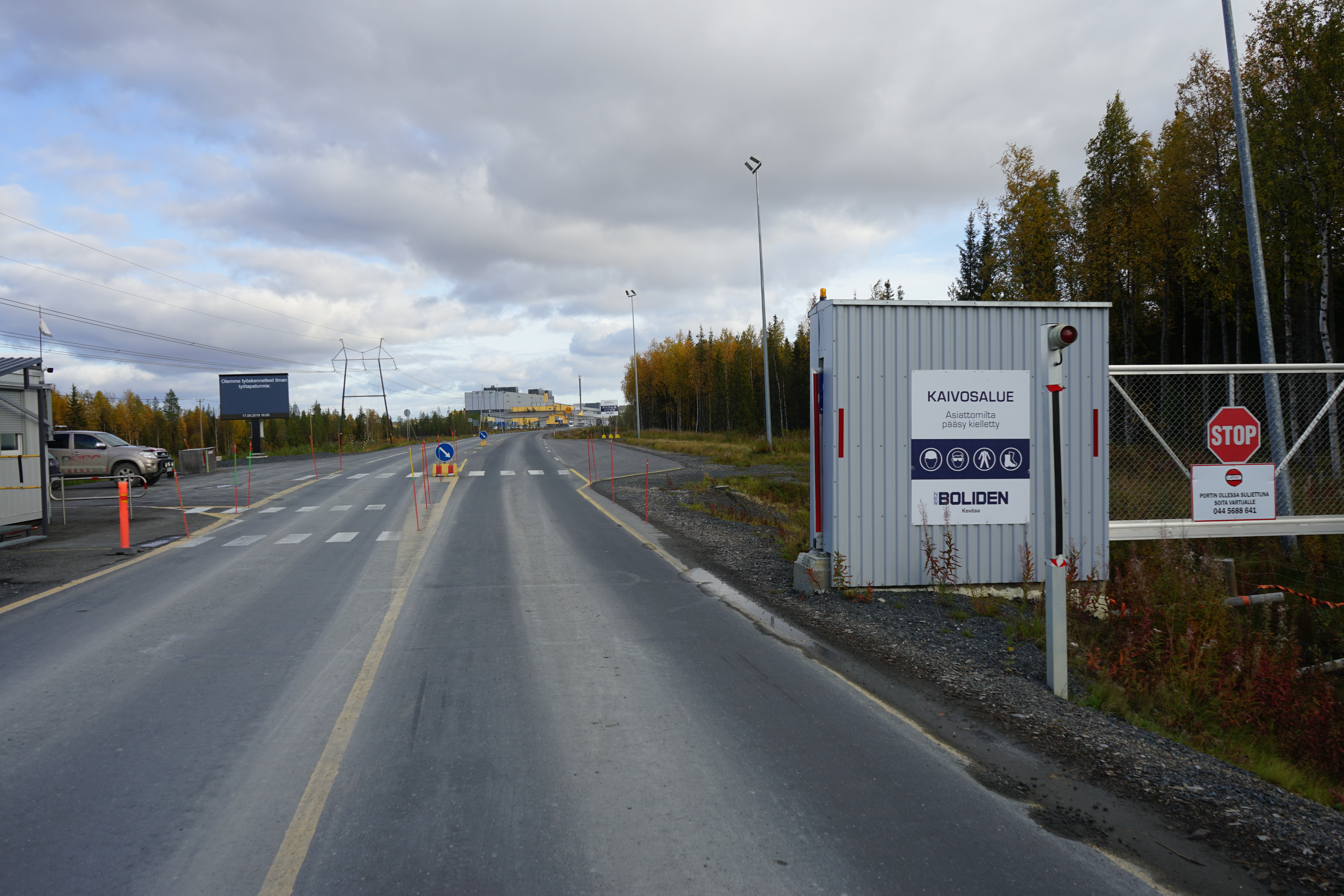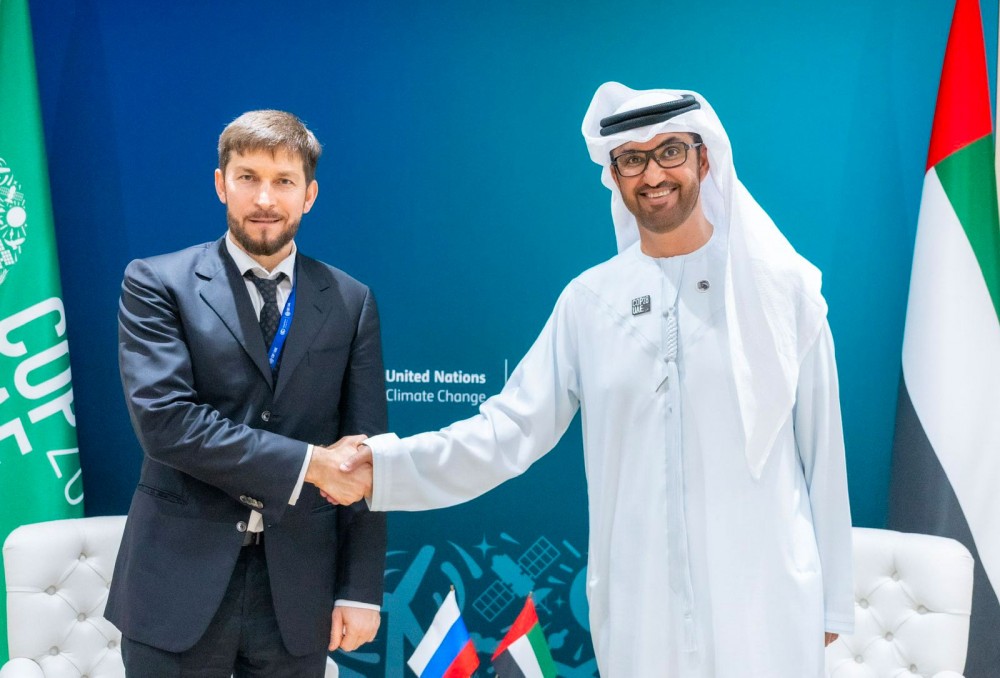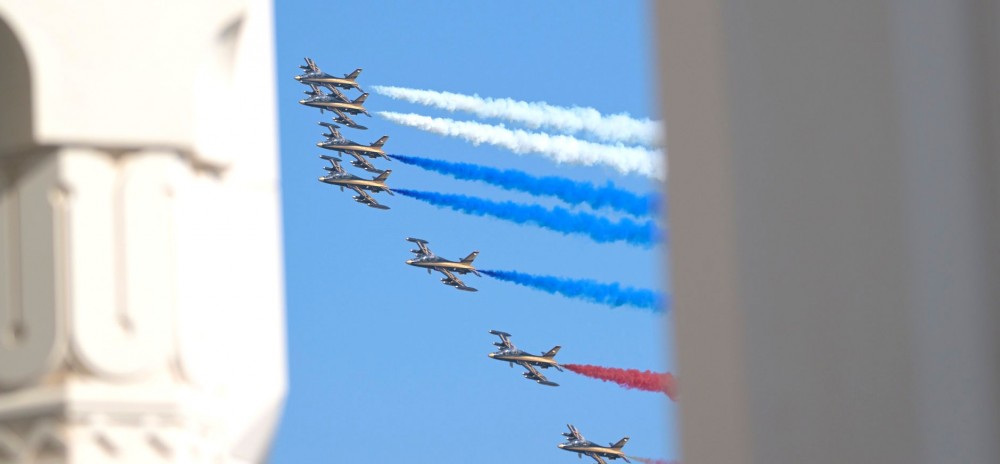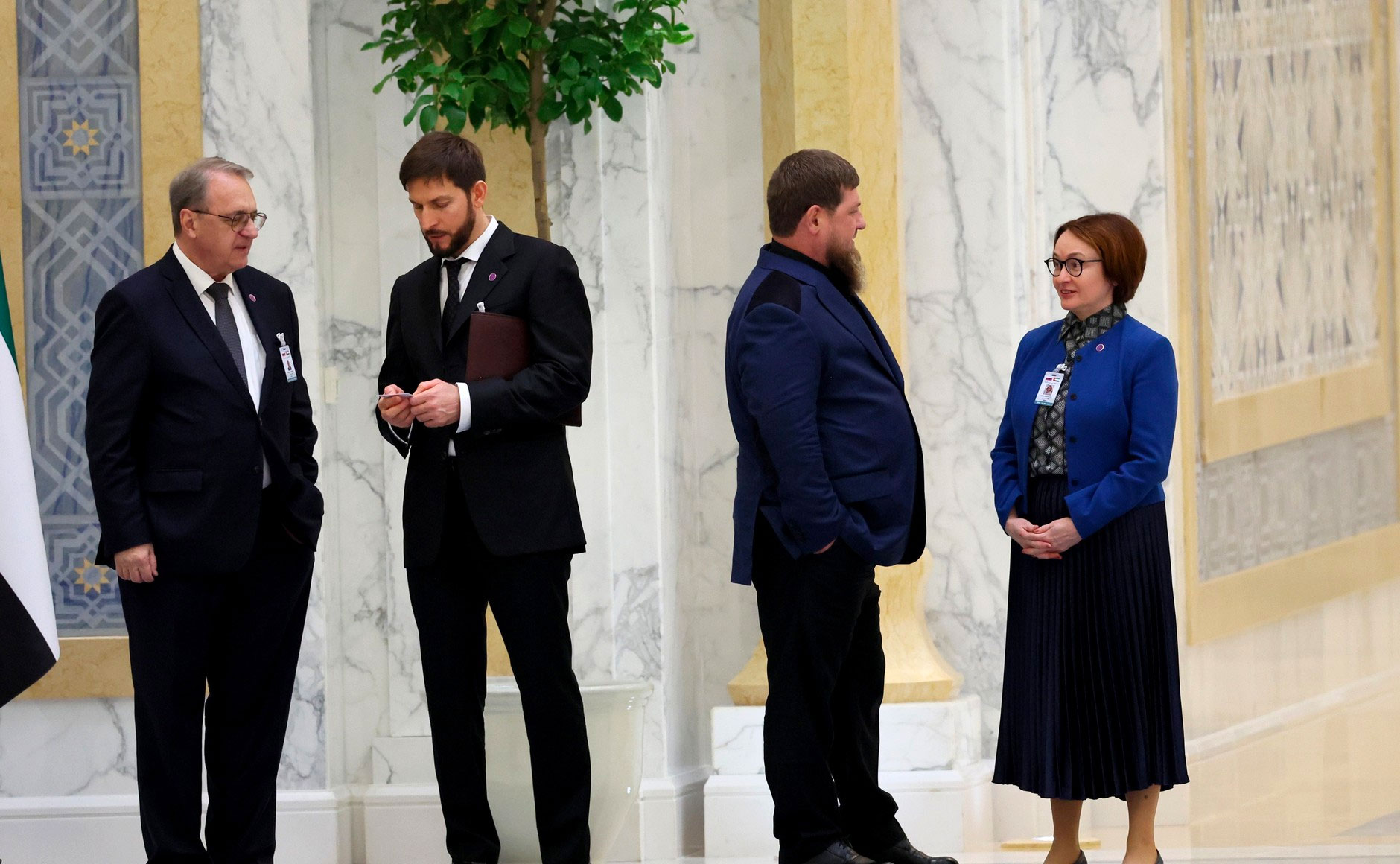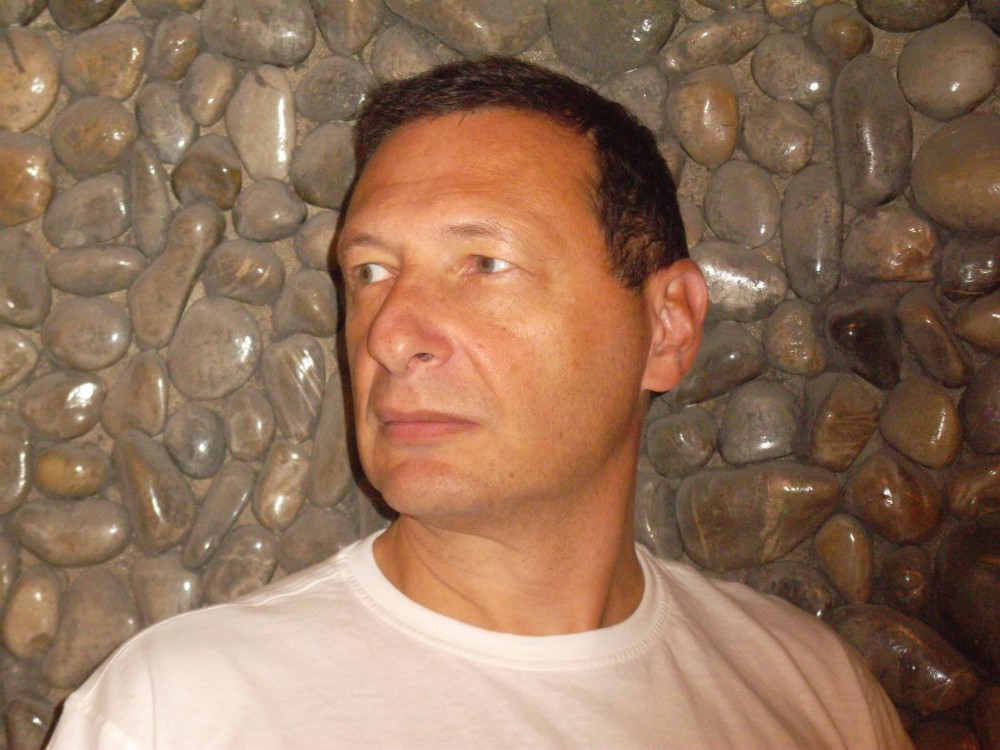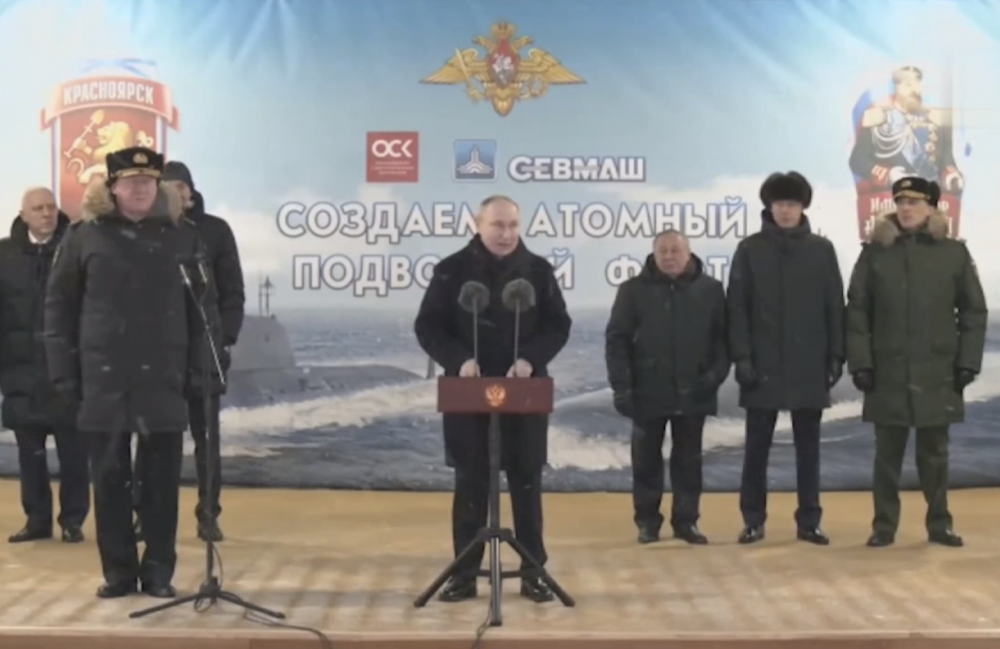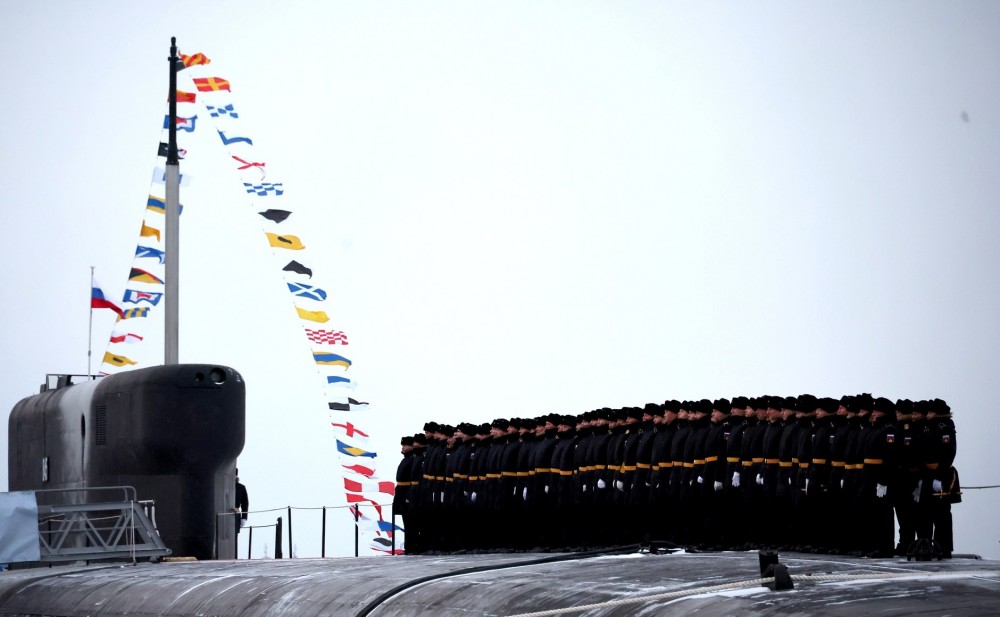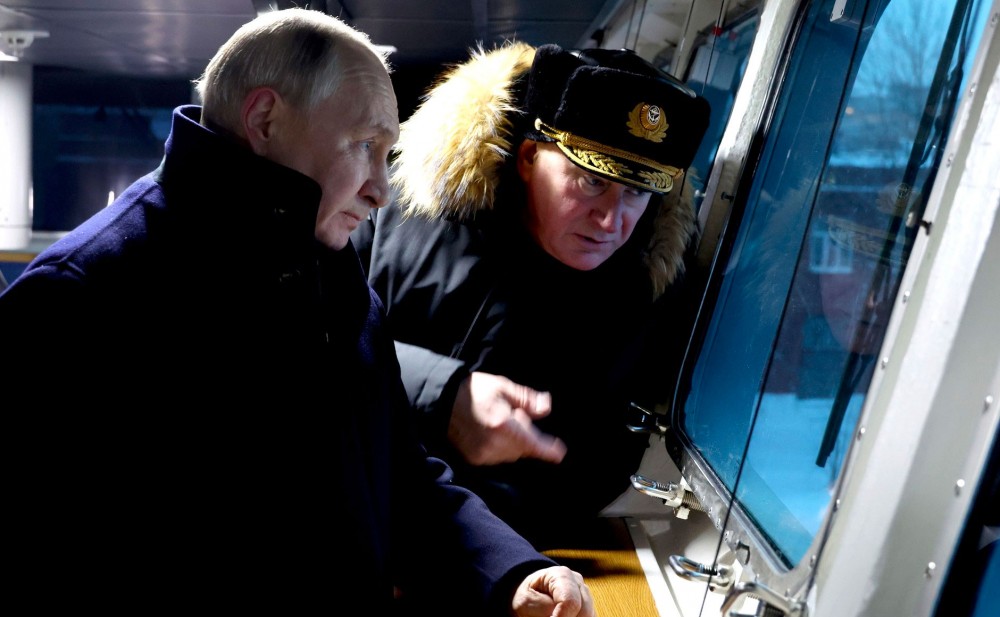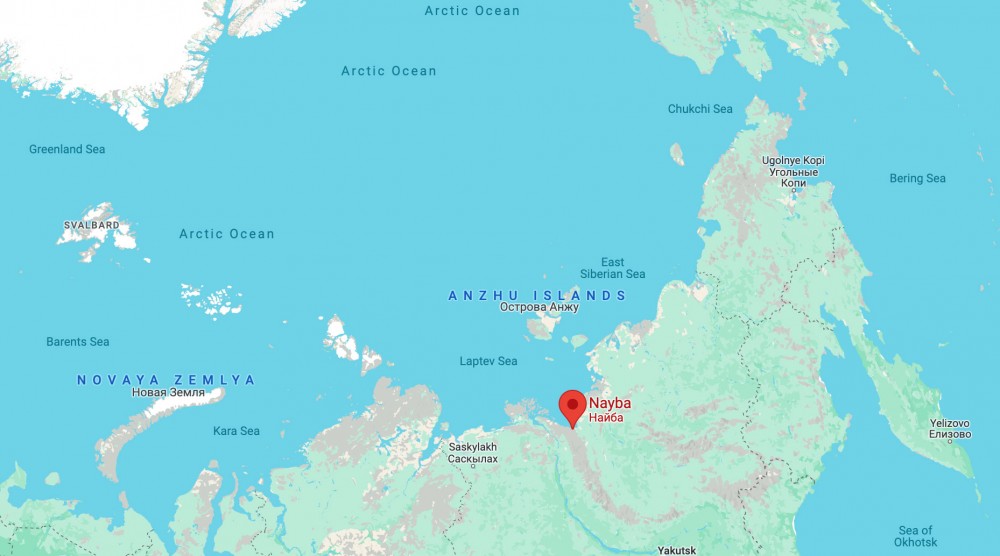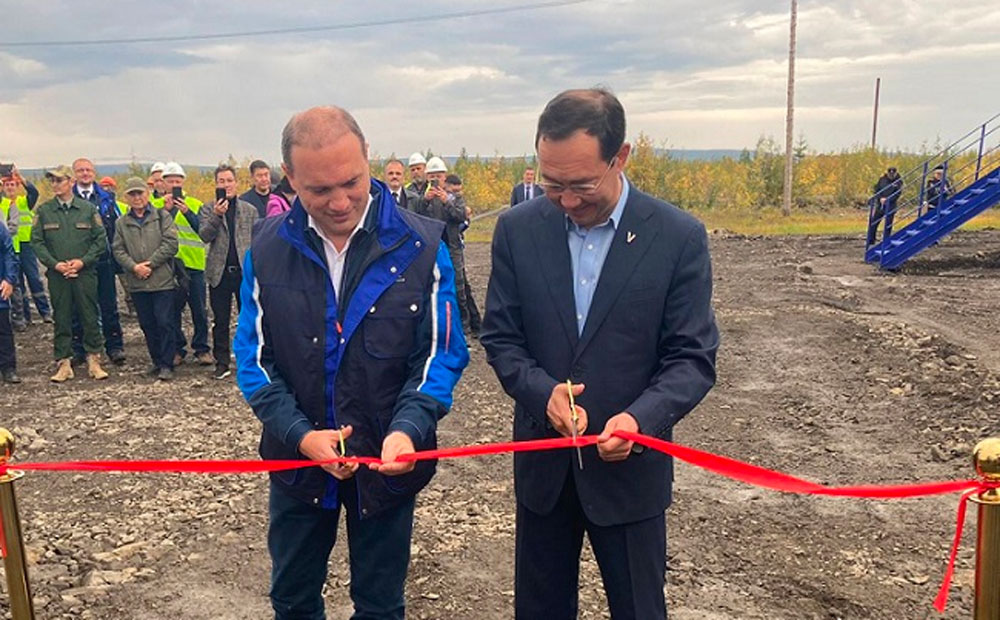Pro-Palestinian demonstration held outside US ambassador’s residence in Dublin
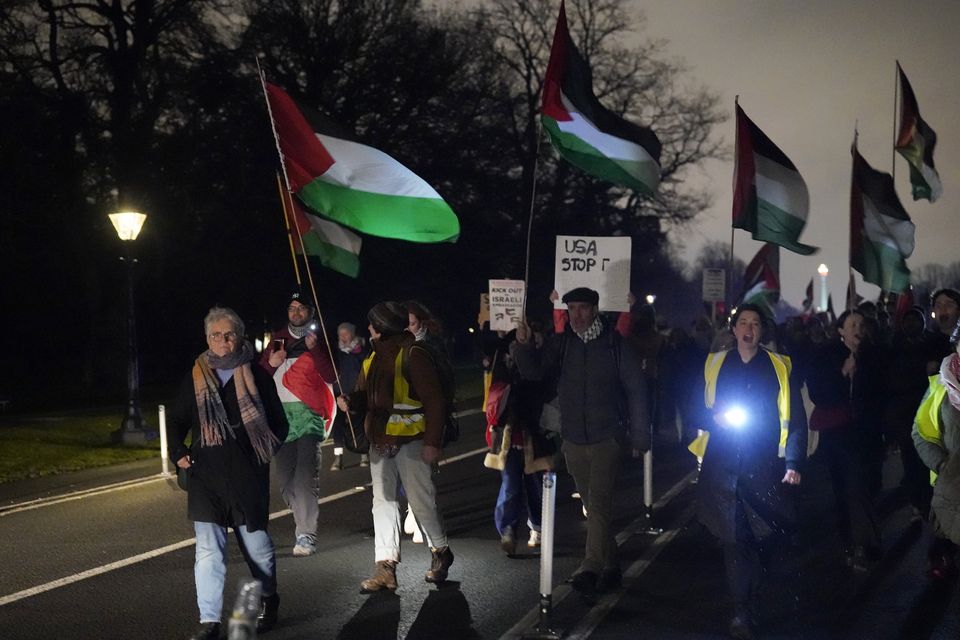
Pro-Palestinian groups take part in a protest at the US ambassador’s residence in
Phoenix Park, Dublin (Niall Carson/PA)
A number of pro-Palestinian protesters were forcibly dragged away from the gates of the US ambassador’s residence in Dublin during a protest against the country’s support of Israel.
More than 100 protesters, some banging drums and waving Palestinian flags, staged a protest on the roadway leading to the residence inside Phoenix Park.
A large police deployment, including a mounted unit, was present at the scene and after some protesters blocked the roadway in a sit-down protest, barriers were erected to prevent the public approaching the residence.
There was a large police presence at the protest (Niall Carson/PA)
Several cars had turned around as the protest prevented access through main entrances and exits to a key roundabout in the park during rush hour.
Gardai (Irish police) also prevented public access to a nearby car park.
At least two protesters were dragged by gardai away from the closed gates of the residence, which was hosting a Christmas dinner for Irish politicians.
They, along with a Palestinian flag which had been dropped, were returned to the main group of demonstrators behind the garda barriers.
Some demonstrators sat on the roadway as others chanted “from the river to the sea, Palestine will be free”, “United States you can’t hide, you’re committing genocide”, “Biden out”, “ceasefire now” and “free, free Palestine”.
Some protesters called for the expulsion of the Israeli ambassador in Dublin (Niall Carson/PA)
Three men wearing only their underwear and with their eyes covered by blindfolds also kneeled on the ground as part of the demonstration, in a reference to images of IDF detainees in Gaza.
Other protesters, many of whom were wearing keffiyehs or draped in Palestinian flags, called for the expulsion of the Israeli ambassador in Dublin.
People Before Profit TD Brid Smith, who said she was invited to the event in the residency, said protesters were “very angry” with a US veto of a UN Security Council resolution for a ceasefire in Gaza.
Speaking to the PA news agency, she said: “So directly and indirectly they are responsible for all the children on whom bombs are falling, injuring them, the hospitals that are being lost, the schools being lost, the lives are being lost, the destruction, the trauma and the dreadful, unspeakable acts that are happening.”
Ms Smith said the protest was to call on Irish politicians to boycott the event and to send a message to the ambassador that the US’ “behaviour is unacceptable”.
